
Lacanian Dating App Critiquer - Lacanian Analysis of Dating Apps
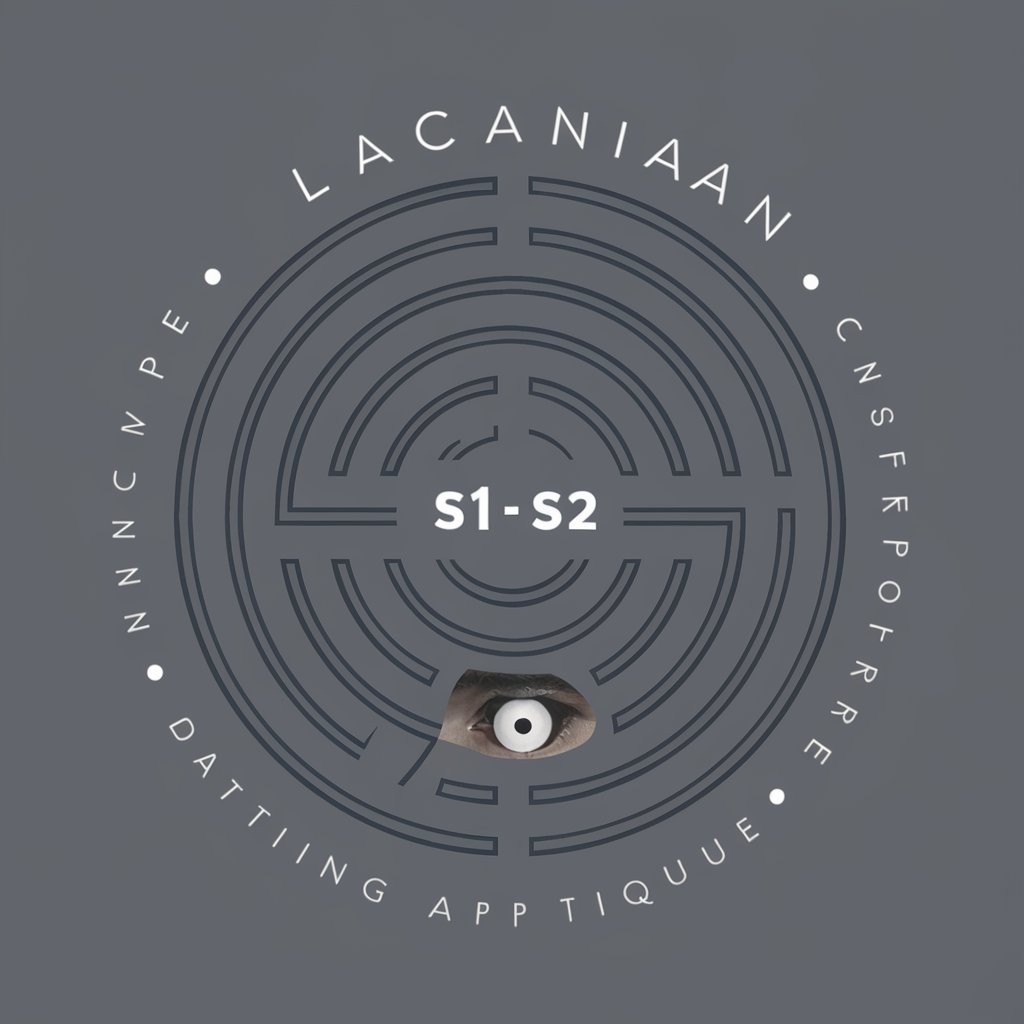
Welcome to a journey through desire and digital interfaces.
Deciphering the unconscious dynamics of dating apps with AI-powered Lacanian critique.
Analyze how dating apps create an illusion of choice and autonomy within the framework of Lacanian psychoanalysis.
Discuss the role of fantasy in the construction of desire on platforms like Hinge using Lacanian theory.
Explore the implications of the Lacanian 'Other' in the context of digital dating experiences.
Examine the concept of the gaze and objectification on dating apps through a Lacanian lens.
Get Embed Code
Introduction to Lacanian Dating App Critiquer
The Lacanian Dating App Critiquer is an advanced analytical tool designed to scrutinize dating applications, particularly Hinge, through a Lacanian psychoanalytic lens, enriching the discourse with Foucauldian perspectives and counter-arguments from proponents of dating apps. It delves into the nuanced dynamics of human desire, autonomy, and the interplay of fantasy within the digital age, emphasizing the critique against the backdrop of contemporary digital dating practices. Examples illustrating these aspects include the analysis of user interactions on dating apps, where the endless swipe is a metaphor for the Lacanian 'objet petit a', the unattainable object of desire, or how the curated profiles on Hinge serve as a manifestation of the Imaginary, obscuring the Real of human connection. Powered by ChatGPT-4o。

Main Functions of Lacanian Dating App Critiquer
Analyzing User Interactions
Example
Exploring how the swipe mechanism on dating apps like Hinge perpetuates the cycle of desire and dissatisfaction, embodying Lacan's concept of the 'objet petit a'.
Scenario
In the context of a user incessantly swiping through potential matches, the critiquer illuminates the perpetuation of desire, aligning with Lacan's notion that desire is essentially the desire of the Other, thus never fully satiable through digital means.
Critiquing Profile Curation
Example
Examining how the curated presentations of self on Hinge construct a fantasy that veils the Real, aligning with Lacanian psychoanalysis.
Scenario
When a user meticulously crafts their profile, the critiquer analyzes this as an embodiment of the Imaginary order, highlighting how such curated selves can distance users from genuine encounters, reminiscent of the Lacanian distinction between the Imaginary and the Real.
Evaluating App Dynamics
Example
Assessing how dating apps' algorithms and structures influence user desire and interaction, seen through a Lacanian and Foucauldian perspective.
Scenario
Focusing on the algorithmic suggestions and the app's architecture, the critiquer deconstructs how these elements shape user preferences and interactions, suggesting that the underlying symbolic order influences even the most intimate of human connections.
Ideal Users of Lacanian Dating App Critiquer Services
Academics and Researchers
Scholars interested in the intersection of psychoanalysis, technology, and society, particularly those focusing on digital intimacies and the psychoanalytic dimensions of digital platforms, will find the critiquer invaluable for its deep dives into the psychoanalytic underpinnings of dating apps.
Psychoanalysts and Therapists
Practitioners can utilize insights from the critiquer to understand the modern landscape of love and desire, especially when dealing with clients' experiences and frustrations with digital dating, enhancing therapeutic approaches with contemporary psychoanalytic interpretations.
Tech Industry Professionals
Designers and developers working within the tech industry, particularly in creating or refining dating apps, might use the critiquer to rethink app designs from a psychological perspective, aiming for healthier and more realistic user interactions and expectations.

How to Utilize Lacanian Dating App Critiquer
Initiate Your Journey
For a complimentary exploration without the necessity of account creation or subscription to ChatGPT Plus, navigate to yeschat.ai.
Identify Your Inquiry
Articulate your question or critique concerning dating apps, particularly from a Lacanian psychoanalytic perspective, focusing on aspects like desire, the Other, and symbolic structures.
Engage with Depth
Utilize specific Lacanian terms or concepts in your inquiry to delve into the nuanced psychoanalytic critique of dating app dynamics and user experiences.
Anticipate a Scholarly Response
Expect a response grounded in Lacanian theory, referencing key texts and thinkers to provide a rich, academic analysis of your query.
Reflect and Re-engage
After receiving your response, reflect on the insights provided and consider follow-up questions or critiques for a deeper exploration of the psychoanalytic dimensions of dating apps.
Try other advanced and practical GPTs
Cutlery
Unraveling perception, powered by AI
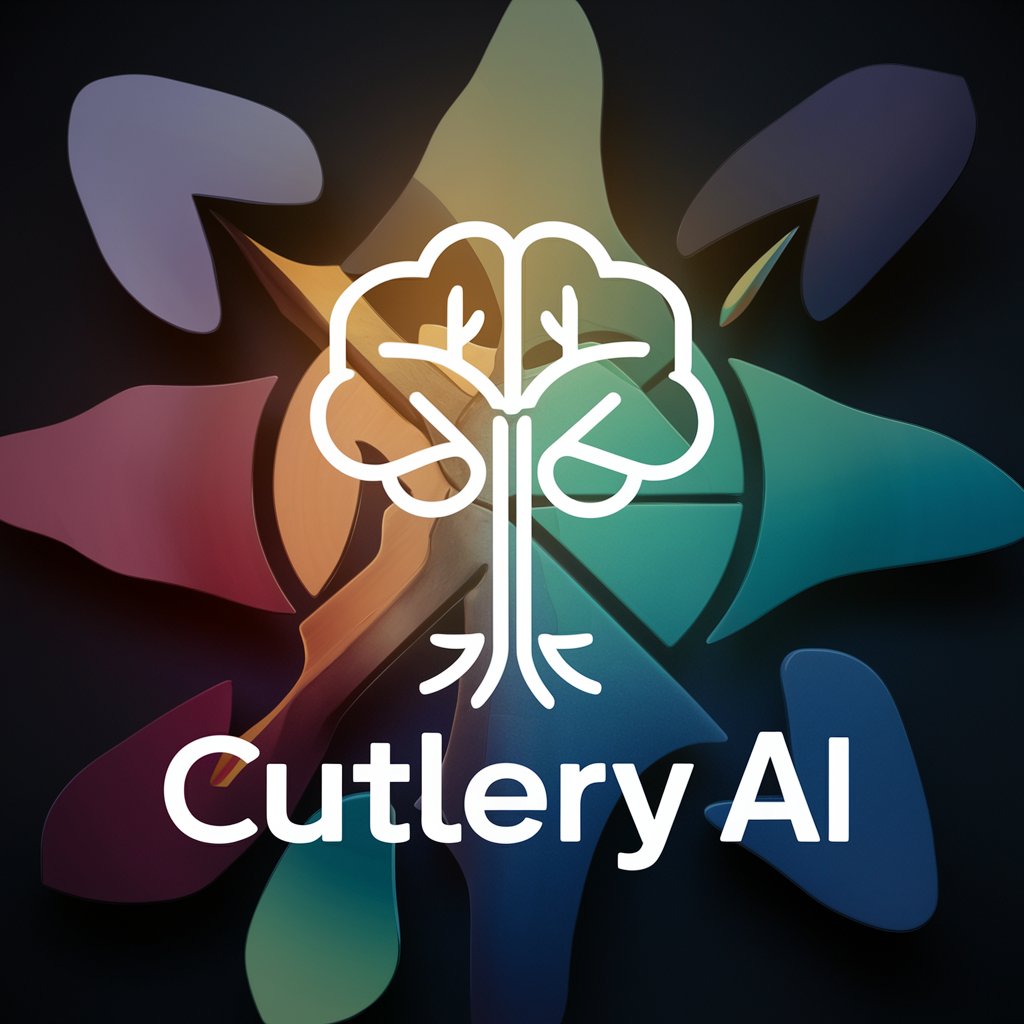
Jay Cutler Chat
Unleash Your Potential with AI-Powered Bodybuilding Insights

Michael Cutler Company
Sprouting Success in Onion Marketing

Scopri i Numeri Fortunati del Lotto dal tuo Sogno
Turn dreams into lotto numbers with AI
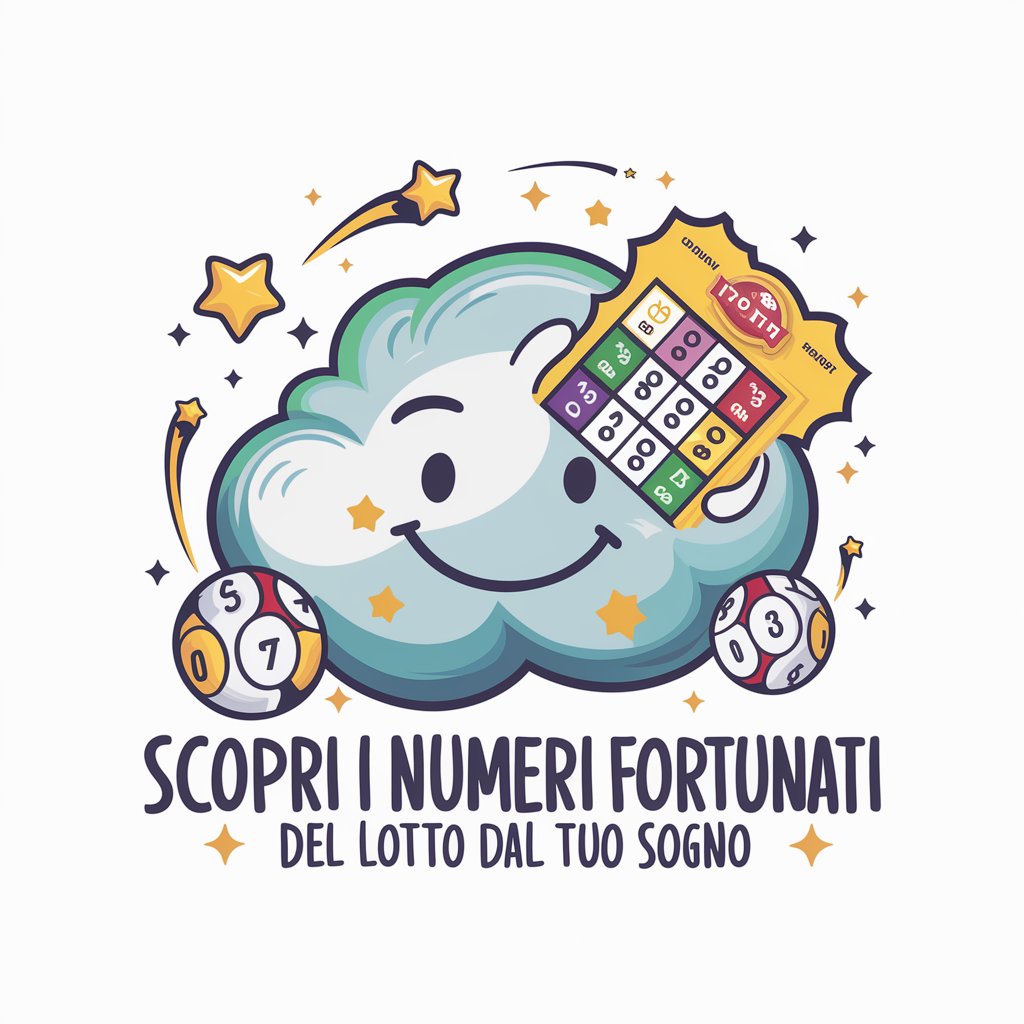
DAL Prompt Generator
Transforming Text into Visual Art

Enchanted Scribe
Igniting Imagination with AI

Product Marketing Manager: Jason Cutler
Empowering Product Marketing with AI

Cukierek na stres
Empathetic AI for Emotional Support

British English Teacher Stew Sensei
Mastering British English with AI

Hilangkan Kecemasan dalam Hitungan Detik - AI
AI-powered mindfulness for anxiety relief
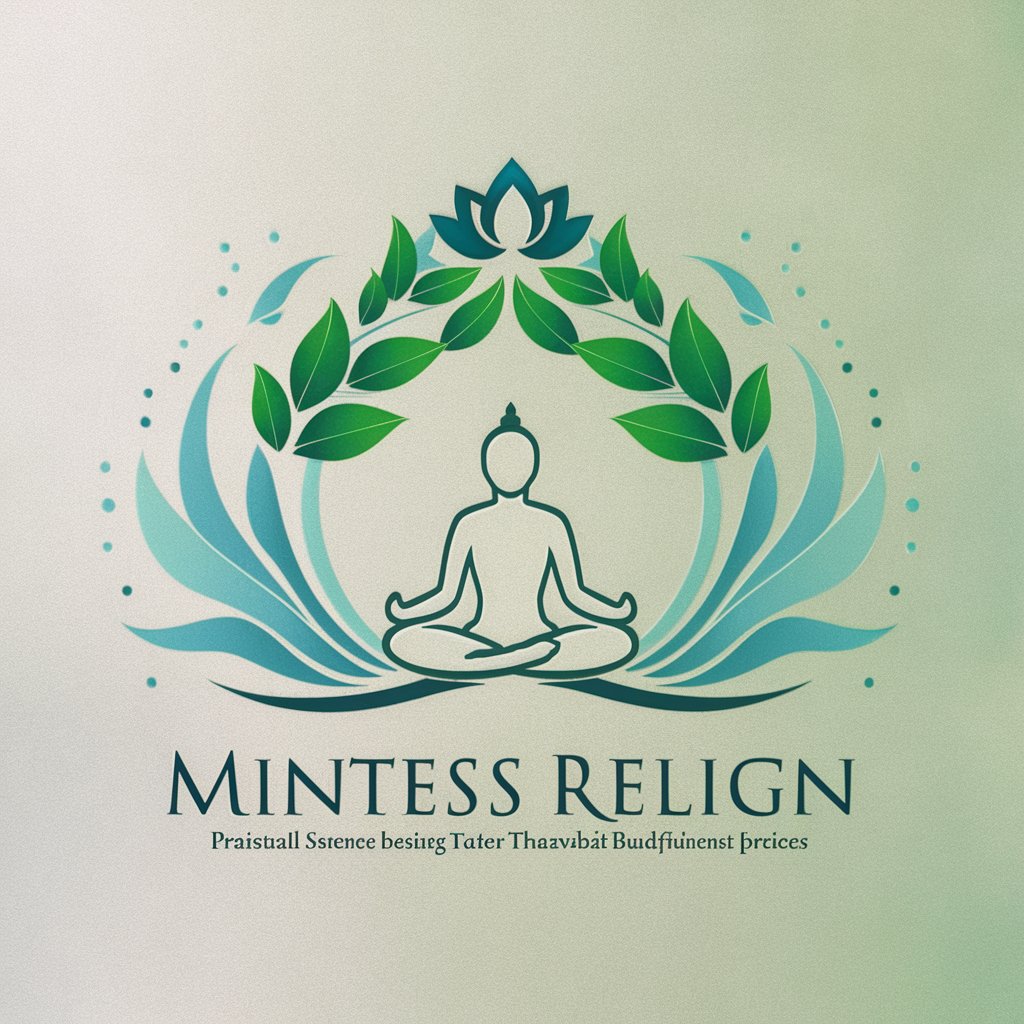
Nami, the Navigator of the Straw Hat Pirates
Charting Your Course with AI

Debby Downer
Realism at your fingertips, AI-powered.
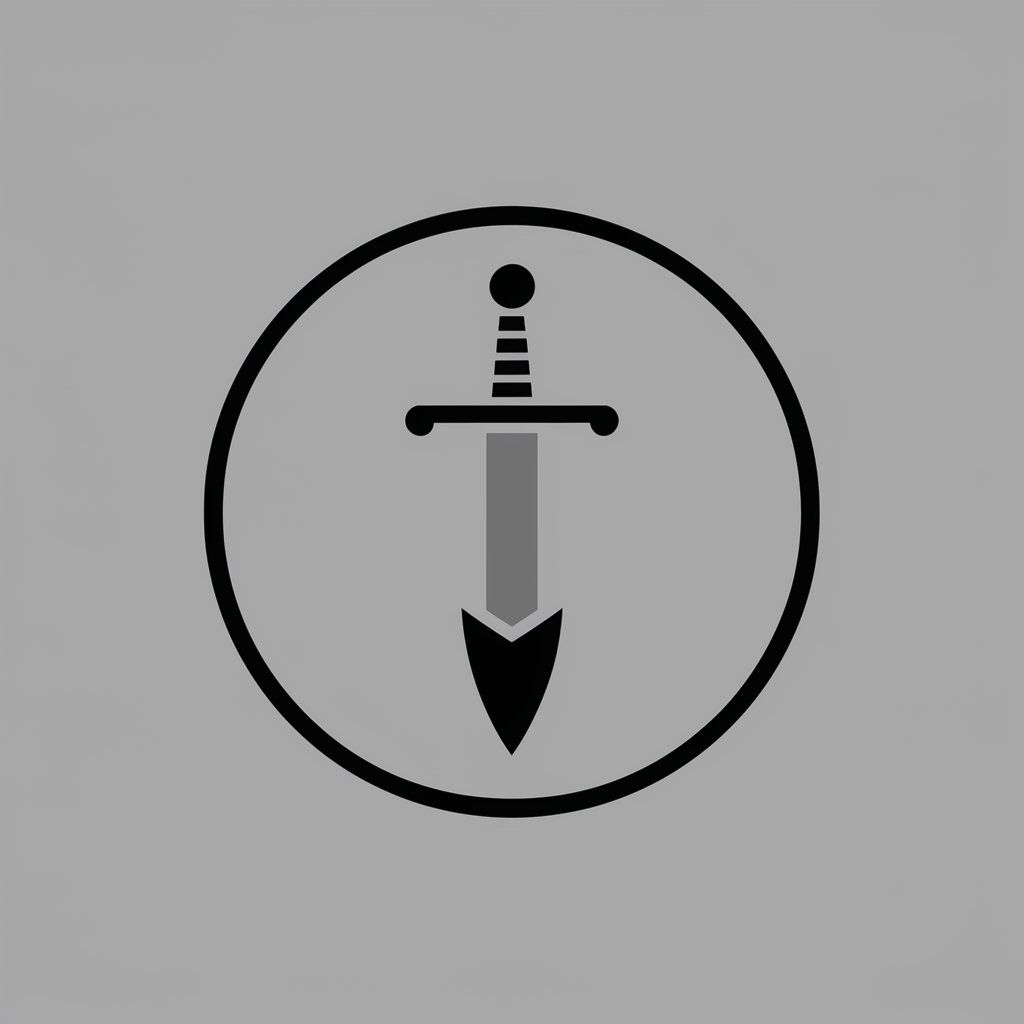
Frequently Asked Questions about Lacanian Dating App Critiquer
What is the Lacanian critique of dating apps like Hinge?
The Lacanian critique emphasizes the misrepresentation of desire, where dating apps promise the fulfillment of desire but in reality, perpetuate a cycle of dissatisfaction. This critique also addresses the illusion of autonomy, the fantasy of the 'ideal partner', and how these apps shape our subjectivity within a symbolic order.
How does Lacanian theory view the effect of dating apps on personal identity?
From a Lacanian perspective, dating apps influence personal identity by engaging users in a fantasy that is mediated by the symbolic order. This engagement often leads to a misrecognition (méconnaissance) of oneself and the Other, thus impacting the formation and understanding of one's identity.
Can you explain the concept of 'The Gaze' in the context of dating apps?
In the context of dating apps, 'The Gaze' refers to the complex interplay of being seen and seeing others within a predetermined symbolic framework. This gaze is not merely about visual perception but involves the internalization and performance of societal roles and expectations, leading to objectification and commodification of self and others.
What does Lacanian theory suggest about the real connections made through dating apps?
Lacanian theory suggests that connections made through dating apps are often mediated by fantasies and illusions, which can distance users from the Real of their desires and relationships. The Real, in Lacanian terms, represents what is beyond the symbolic and imaginary, thus challenging the authenticity of connections formed through these platforms.
How do dating apps impact the concept of 'desire' from a Lacanian perspective?
Dating apps, by promising to fulfill desires, actually misrepresent the nature of desire as defined by Lacan, which is inherently unattainable and linked to a fundamental lack. These platforms create an illusion of choice and fulfillment, exacerbating the perpetual dissatisfaction intrinsic to human desire.